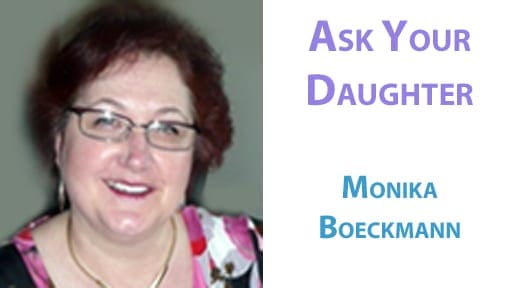“Aging is not lost youth but a new stage of opportunity and strength.” — Betty Friedan
Thirty-five million Americans are living beyond the age of 65, a 25-year increase in life expectancy since 1900. This longevity, once the gift of a few, has become the destiny of many. According to the National Council on Aging, in 2015 the average man can expect to live 18 years beyond the age of 65. The average woman had 21 years of life left after her 65th birthday.
It seems that we have been given an unprecedented gift of time; but if we are not vigilant, that gift may not look and feel like a gift.
As society is changing, more and more people live alone. Many of us have grown children who have moved across the country, and once we leave the workplace, our social connections slowly dwindle and we find ourselves spending more and more time alone in front of the TV.
For many of us, this happens gradually. We get a bit weaker and go out a bit less. It gets harder to get around, we don’t want to drive after dark, we don’t like to go out when it’s cold and so, we just stay home. We are no longer the hub of our families; our interactions with them become more infrequent, and weeks—or even months—may go by without meaningful conversations. We lose friends and loved ones to death. We may not even be fully aware of it, until one day we find that “I haven’t spoken to anyone for three days.”
Hundreds of thousands of us are lonely and cut off from society. It’s hard and it almost seems like loneliness is inevitable, but it is not. We must fight. Loneliness will turn that “gift of longevity” into a curse. If we don’t actively and aggressively find ways to stay connected to our families and our communities, those extra 18 years of life will be wasted and, worse yet, will be sad and painful.
We have to force ourselves to go out, make new friends, find ways to stay in the game by volunteering, visiting the local community center or taking a class. Grab every chance to smile at others or begin a conversation. Invite people who are home during the day over for tea. Become a friendly home visitor; a volunteer who calls or visits homebound seniors just to chat.
Over and over again, studies have shown that sociability plays an important role in protecting us from psychological distress and physical disease, as well as enhancing our wellbeing. The bottom line is that loneliness actually causes us to be less healthy and definitely less happy.
There is a very good chance that modern medicine will keep us alive for many more years than we expected, but how we spend those years will determine if that extra longevity is a gift or a curse. So, if you’re ready to embrace the gift and simply need a bit of help getting back into the game, give me a call and I can connect you to others who, too, are looking to make new friends and have new experiences.
If you have any questions about this or other topics, or, if there is a topic you want to read about in the Ask Your Daughter column, please send me an email to [email protected] or write to me at Senior Services of Albany, 32 Essex St., Albany, NY 12206.
Be well and be happy.
Monika



